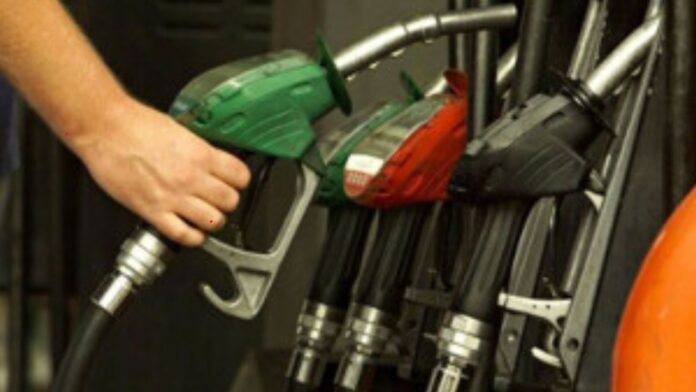Islamabad: The Petroleum Division and OGRA (Oil and Gas Regulatory Authority) intervened after the Petroleum Dealers Association called for a strike. This call was made because of unresolved matters between the government and the Association, raising fears of shortages in petroleum products throughout the country.
The Petroleum Division and OGRA have jointly stated that all oil marketing companies should ensure that petrol stations are continuously supplied with enough petroleum products. It has urged them to keep their pumps active to avoid interrupting services. Authorities in Pakistan have reassured the public that petroleum products are available and are taking measures to prevent shortages.
This proactive approach from the Petroleum Division and OGRA endeavors to reduce the strike’s impacts on essential fuel availability. The statement displays the government’s commitment to maintaining stability while protecting day-to-day activities and economic livelihoods from unnecessary disruptions.
Yet, these guarantees did not satisfy the Petroleum Dealers Association, as they demanded more from the government. Concerns over profit margins, the impact of increasing operational costs, and the need for policy reforms supporting dealers’ business interests constitute key elements underlying this dispute. Subsequently, talks between association leaders and top officials had not yielded any agreement.
Petroleum Dealers Association has, therefore, resolved to continue with its planned strike following the failure in negotiations. The call for shutting down petrol pumps around the country remained, with 6 a.m. Friday is the commencement time for industrial action. Motorists and firms dependent on regular gasoline supplies are apprehensive about this development.
Another significant news item is that one official from PDA has passed away, leading them to postpone the strike until next week to honor burial rights and allow for a mourning period. Meanwhile, it will proceed as scheduled in the rest of the country; postponement in Islamabad only buys some time and doesn’t solve anything more extensive than that.
The ongoing standoff between the government and PCA suggests difficulties experienced by the oil sector in Pakistan. The industry faces various challenges, such as fluctuating global oil prices, regulatory issues, and the need to develop infrastructure. These underlying grievances and the current strike underline the need for effective stakeholder dialogue to achieve sustainable solutions.
The Petroleum Dealers Association has stated that it is open to further negotiations with the government. They are calling upon the authorities to do something serious about their concerns and support businesses belonging to petroleum dealers. According to them, they don’t want to cause inconvenience but rather protect. The proper treatment of their members is as important as possible.
Both parties are moving cautiously as the situation remains unpredictable and in flux. The government’s move to guarantee the availability of petroleum products. Efforts by the Petroleum Dealers Association to enforce better conditions exemplify this. The complex nature of managing essential services across different interests. Continuous talks will eventually result in an agreement that benefits both sides. And guarantees an uninterrupted fuel flow throughout Pakistan.


